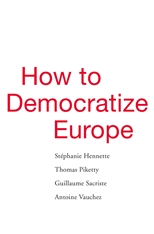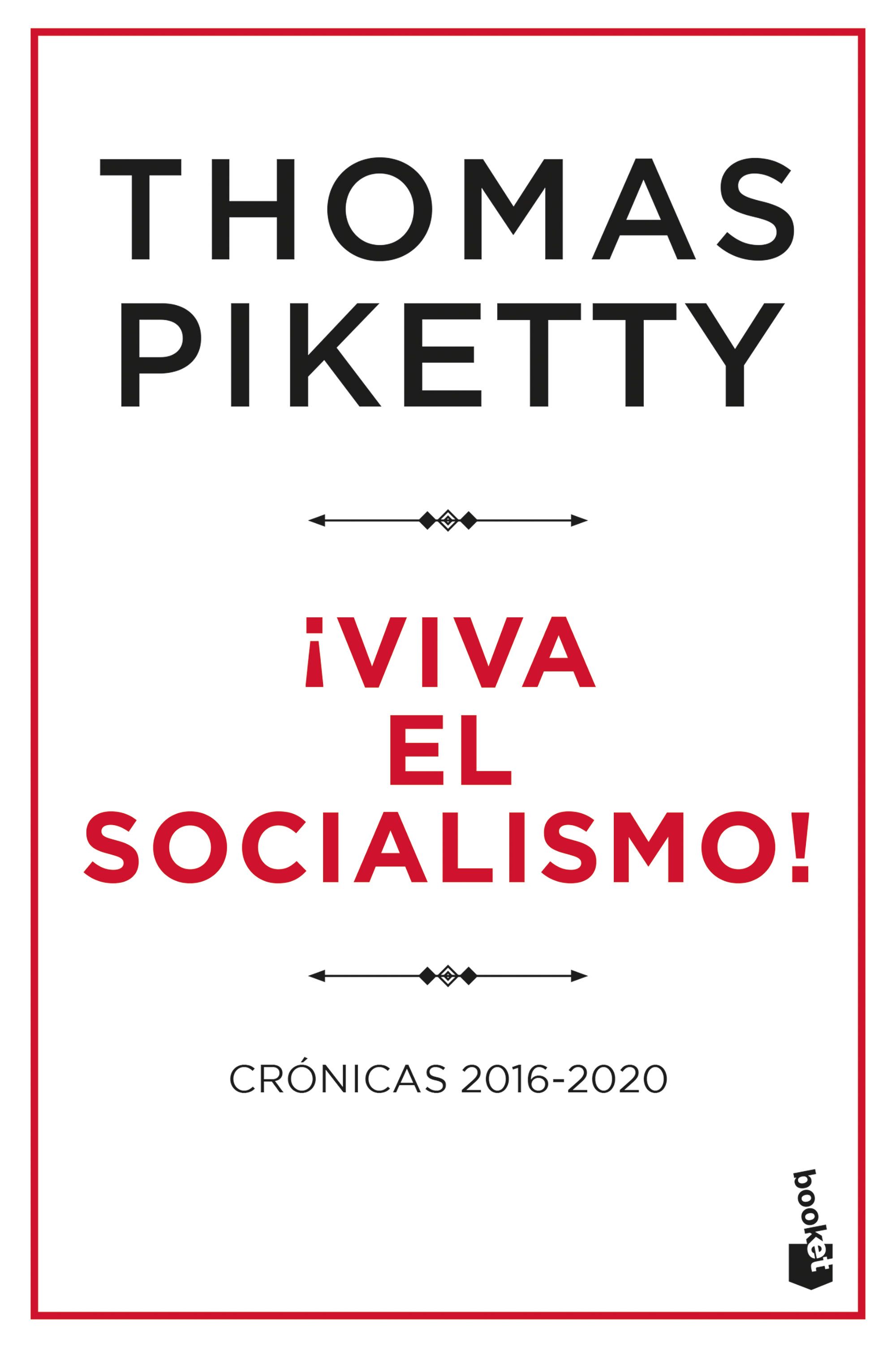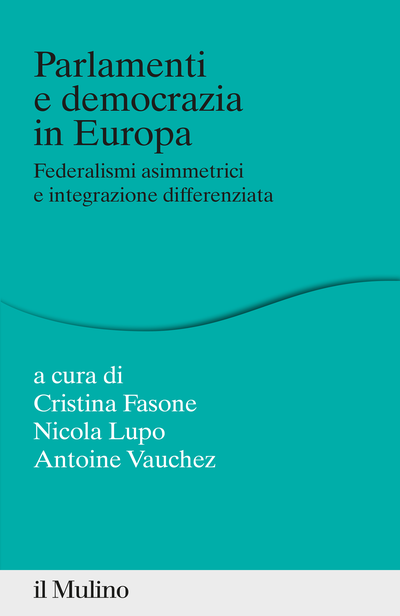How to democratize Europe
- ISBN: 9780674988088
- Editorial: Harvard University Press
- Fecha de la edición: 2019
- Lugar de la edición: Cambridge (MASS). Estados Unidos de Norteamérica
- Encuadernación: Cartoné
- Medidas: 24 cm
- Nº Pág.: 209
- Idiomas: Inglés

An all-star cast of scholars and politicians from Europe and America propose and debate the creation of a new European parliament with substantial budgetary and legislative power to solve the crisis of governance in the Eurozone and promote social and fiscal justice and public investment.
The European Union is struggling. The rise of Euroskeptic parties in member states, economic distress in the south, the migrant crisis, and Brexit top the news. But deeper structural problems may be a greater long-term peril. Not least is the economic management of the Eurozone, the nineteen countries that use the Euro. How can this be accomplished in a way generally acceptable to members, given a political system whose structures are routinely decried for a lack of democratic accountability? How can the EU promote fiscal and social justice while initiating the long-term public investments that Europe needs to overcome stagnation? These are the problems a distinguished group of European and American scholars set out to solve in this short but valuable book.
Among many longstanding grievances is the charge that Eurozone policies serve large and wealthy countries at the expense of poorer nations. It is also unclear who decides economic policy, how the interests of diverse member states are balanced, and to whom the decision-makers are accountable. The four lead authors—Stéphanie Hennette, Thomas Piketty, Guillaume Sacriste, and Antoine Vauchez—describe these and other problems, and respond with a draft treaty establishing a parliament for economic policy, its members drawn from national parliaments. We then hear from invited critics, who express support, objections, or alternative ideas.
I. Another Europe Is Possible
1. The Euro-ization of Europe: The Extra-mural Rise of the Government of the Euro and the Redefinition of the ‘European Project’ [Guillaume Sacriste and Antoine Vauchez]
2. On the Legal Feasibility of a Treaty to Democratize the Governance of the Euro Area
3. What Would the Parliamentary Assembly of the Euro Area Look Like?
4. What to Do if Some Member States Reject the Proposed Treaty?
II. Draft Treaty on the Democratization of the Governance of the Euro Area (T-Dem)
5. Explanatory Statement
6. Draft Treaty on the Democratization of the Governance of the Euro Area (T-Dem)
III. Debate Now!
7. Europe’s Constituent Moment [Jeremy Adelman and Anne-Laure Delatte]
8. Ten Thoughts on the Treaty Democratizing the Euro Area (T-Dem) [Paul Magnette]
9. For a Demoicratization of Eurozone Governance [Kalypso Nicolaidis]
10. The European Parliament Is the Parliament of the Euro Area [Pierre Moscovici]
11. A Eurozone Congress [Luuk van Middelaar and Vestert Borger]
12. The Economy Is a Polity: Implications for the New Modes of Economic Governance in the EU [Christian Joerges]
13. In Search of Lost Sovereignty [Iphigénie Kamtsidou]
14. Reconciling Democratic Sovereignty with Economic and Monetary Integration: T-Dem in Dialogue with the German Constitutional Court [Ulrike Liebert]
15. Citizen-Based Paths of Democratization for the EU without New Treaty Making [Rui Tavares]
IV. Rejoinders
16. The T-Dem: Why? How?
17. European Parliamentary Sovereignty on the Shoulders of National Parliamentary Sovereignties
18. Europeanizing Politics, Politicizing Europe
19. Manifesto for the Democratization of Europe [Manon Bouju, Lucas Chancel, Anne-Laure Delatte, Stéphanie Hennette, Thomas Piketty, Guillaume Sacriste, and Antoine Vauchez]













